The world's forests are burning. Countless ecosystems and their flora and fauna are being destroyed within a very short time - in some cases nature is recovering, but this takes time. Forests give us humans so much and that is why they must be protected.
The world's forests are burning. Countless ecosystems and their flora and fauna are being destroyed within a very short time - in some cases nature is recovering, but this takes time. Forests give us humans so much and that is why they must be protected.

For Europeans, forests are nature par excellence. Most of us know about the value of forests, their contribution to oxygen production and neutralisation of harmfulCO2. Forests store water, protect the soil from erosion and provide us with wood, nuts and fruit. However, city dwellers in particular spend far too little time in the forest.
Even the first step into the shade of the trees is a blessing. The filtered, gentle sunlight, the scent of bark, leaves and needles, the thousands of shades of green - one deep breath and relaxation sets in.
After a walk in the forest we almost always feel refreshed, it is not uncommon to hear the words "reborn" - but how does the forest do that?
How does the forest affect our health?
Research has known for a long time: the forest strengthens our immune system. With every visit, we do more good for the body's own protective mechanisms and help the body's defences to cope with stress, high blood pressure and diabetes. Even the elimination of early-stage cancer cells is aided by a regular noseful of forest air. Not to mention the effects on our mental balance. Because the forest is calming. Even after a short time, it is demonstrable that the stress hormone cortisol present in the blood is significantly reduced.
Scent therapy in the forest
How does the forest do that? We now know that trees give off scents, even communicate with each other via such terpenes. And we breathe them in, too. Even less than half an hour of deep breathing in the forest lowers the cortisol level in the blood. The adrenal hormone damages the body's self-healing mechanisms when levels remain high, for example due to permanent stress, and promotes cardiovascular diseases, obesity and depression. The forest counteracts this.
In Japan, the therapeutic value of the forest is now even considered a recognised medical measure. Forest bathing" has long been an integral part of treatment for chronic as well as acute illnesses there. And in Europe, too, awareness of the value of nature is growing. Just looking at a single tree or an avenue is able to cheer up city dwellers and increase their quality of life.

Off to the forest - and then?
A walk in the forest always has something to offer, regardless of the season. And of course every forest has its own atmosphere, deciduous forests differ from coniferous forests, tree stands in the mountains from forests along rivers or in the lowlands.
Japanese "forest bathing", i.e. the conscious perception of and engagement with the forest habitat, can also succeed without instructions. All that is needed is open eyes. Then you notice details such as the shape of leaves, trunks or cones, observe animal tracks or discover initially inconspicuous little plants along the way.
Designated areas of the forest can also be used for sports, such as jogging, and treetop trails invite you to secure climbing. Some municipalities occasionally offer guided hikes, for example by the Alpine Club, and children can also learn about the forest at such events.
Live and let live for sustainable forest management
Those who want to introduce their children to the pleasures of a walk in the forest should, above all, take to heart the fact that they should behave carefully - i.e. do not leave any litter, stay on the paths, do not make any noise. Animals and plants want one thing above all from visitors: peace and quiet. Therefore, it is only allowed to pick up withered leaves or fallen cones, but nothing should be picked or even eaten. It is better to leave wild animals alone, even apparently single young animals - the mother is usually just waiting for you to move away again. If you want to pick mushrooms in the forest, you should make sure that this is allowed and where, and have the yield checked.

Discover the forest - and get healthy
Our conclusion: forests have a lot to give us. Even a short walk is noticeably good for us. That is why we at NIKIN are committed to protecting the world's forests, our native tree populations as well as the large, rich tropical forests in Asia, Africa, South America and currently also Australia. Get to know our forests better and join us!








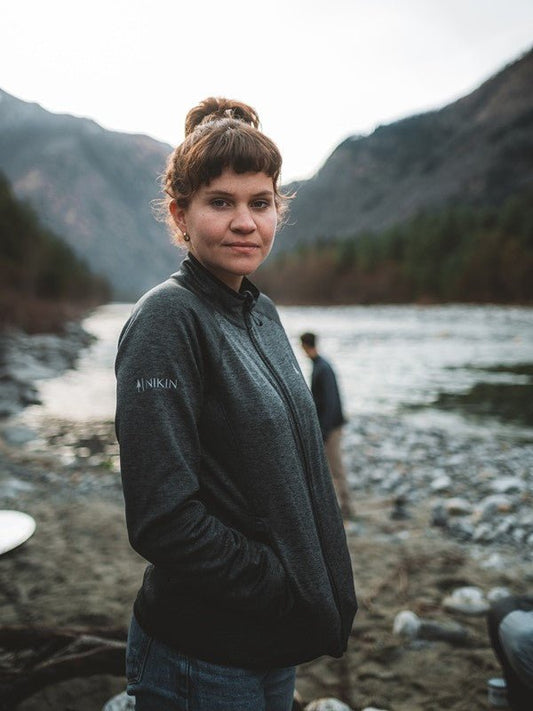

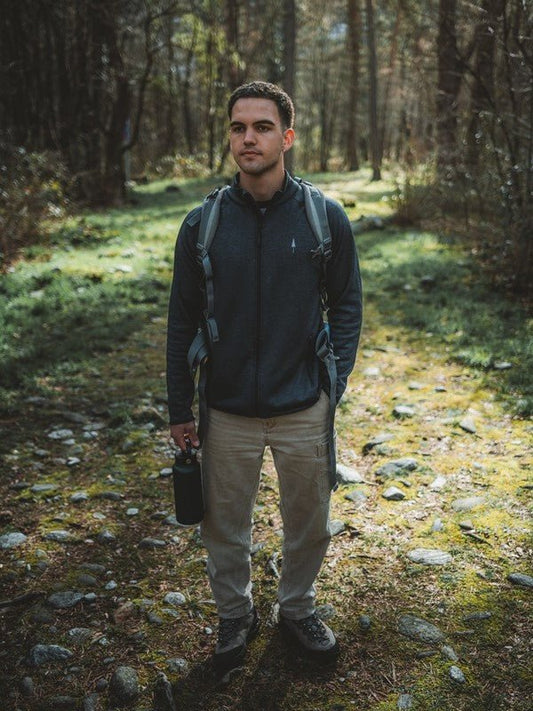
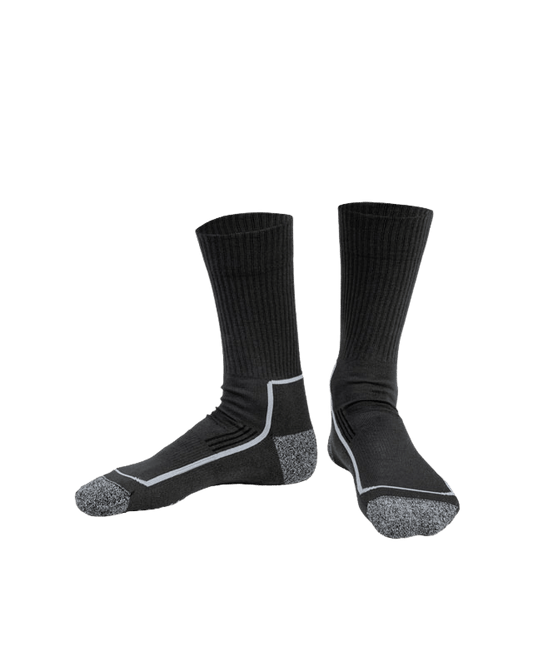

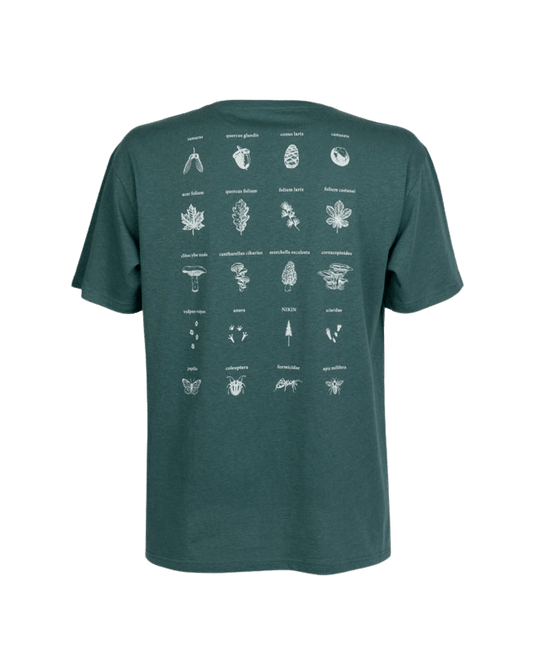

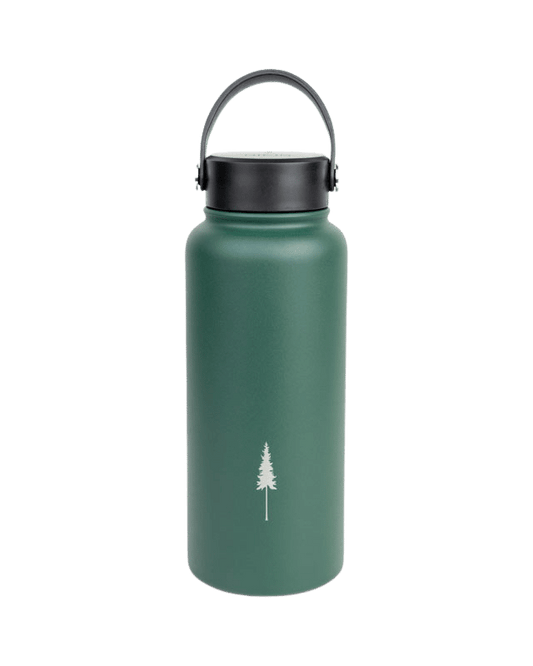
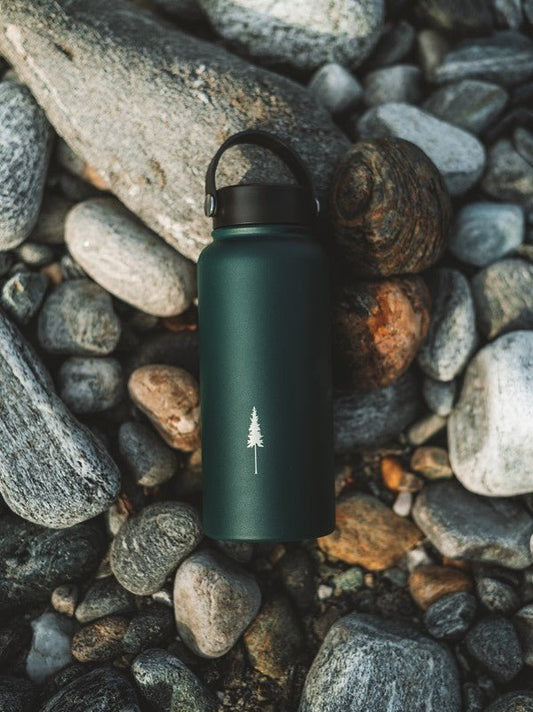
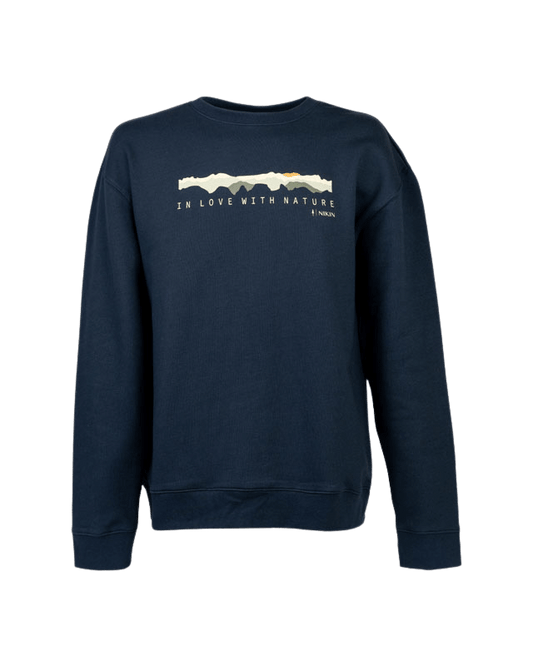
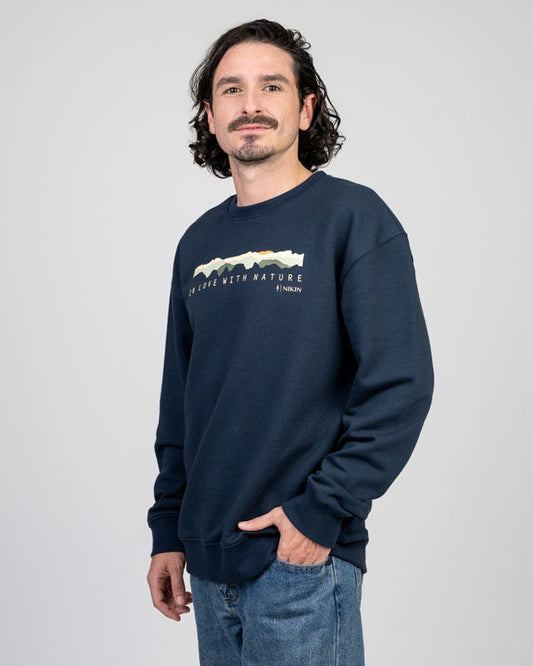


2 comments
AmrzpZvicqNY
gHIkQarJFUSKP